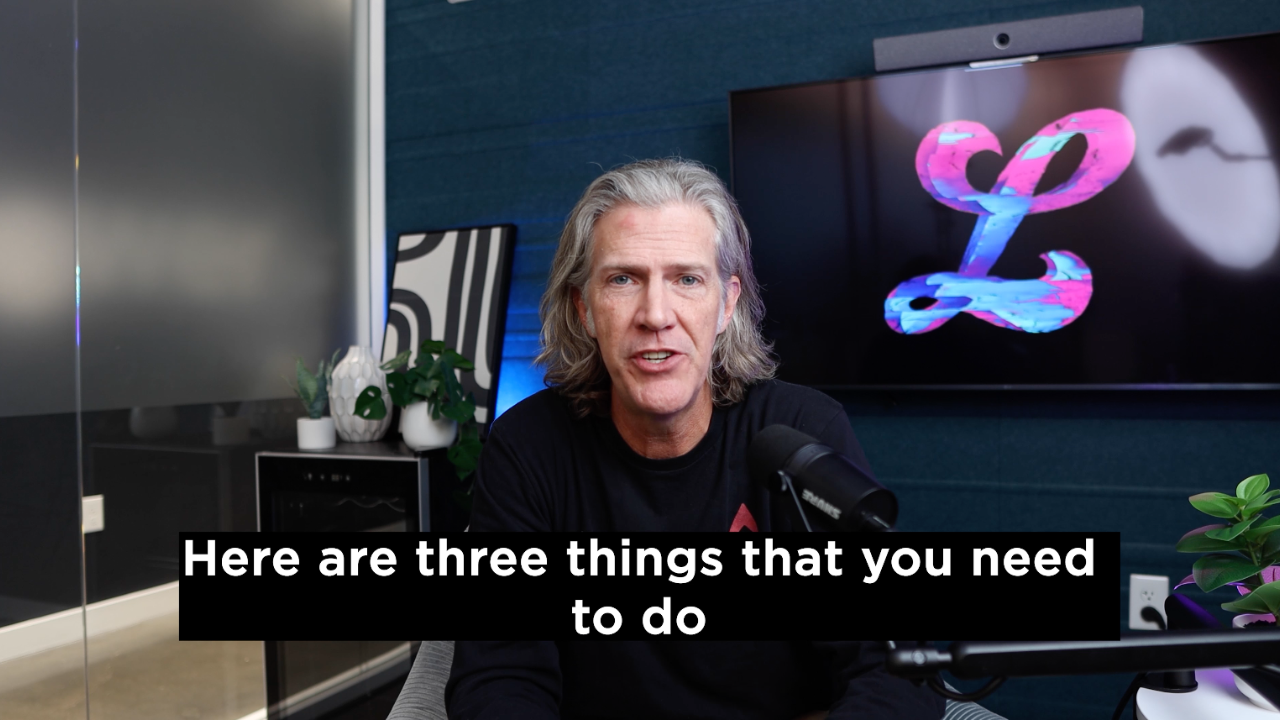Is it smarter to rent or buy a house?
At some point, the question comes up in everyone's life. Even lifetime renters who love apartment living probably have had a few internal struggles over whether it would be wiser to buy a home versus continue renting.
The good news is that the answer is up to you. Or maybe that’s the bad news?
The other good news is that we can lay out all the facts so you can make the best, smartest decision for you.
Need help deciding whether to rent or buy? Keep reading.
Compare renting vs buying in your location
Where you choose to live may decide the buy vs. rent question for you.
Renting could be the only affordable option in high-priced real estate markets like New York City or San Francisco. In addition to home prices and monthly rents, important factors when deciding where to live include safe neighborhoods, good schools, proximity to public transportation, and whatever else you want to be easily accessible.
Also consider the supply of rentals or newly built homes: Are they appealing, plentiful and affordable? Style — of a home, an apartment, a town or a neighborhood — plays a role, too.
Advantages and Disadvantages of Renting
Although you ultimately want to buy a home, don't feel like you're completely wasting money by giving it to a landlord. Renting offers advantages that make it bearable while you are saving and planning to buy a house.
Some advantages of renting include:
- Flexibility. It's much easier to move when your lease is up than to wait for a house to sell. This is especially helpful for those who are not settled in a job.
- Consistent monthly bills. You always know what you will spend on housing costs each month when you rent because you do not have to worry about repairing a broken water heater, leaky toilet, broken windows, or any other surprise that a homeowner might face.
- No yard maintenance. In most rental situations, you do not need to worry about mowing the lawn, removing snow from your driveway, and other outdoor maintenance that landlords and homeowners need to do.
Some disadvantages of renting are:
Once you choose to buy a home, there are some nuances you won't have to deal with anymore.
- Relying on landlords to fix things that break in your rental, sometimes making you wait weeks or months for a repair.
- The inability to make your rental “your own” by updating, renovating, or even painting or hanging decor.
- Large increases in rent when you renew your lease unless you live in a rent-controlled area.
Economic Benefits of Buying a Home
Equity
Among the largest cost differences between buying and renting is the opportunity to build equity.
Most people can’t pay cash for a home, so they take on a mortgage to purchase a house. Equity is the difference between the current value of your home and what you owe on your mortgage. As time goes on and you pay down your mortgage, you increase your equity in your home until you pay off your mortgage.
Your equity can also help you in times of need. Homeowners can refinance their mortgages to get cash for renovations, pay for their kids' college, and cover emergencies. Homeowners can also benefit from a home equity line of credit (HELOC) to pay off credit card debt at a lower interest rate and make other purchases.
Although there are exceptions to the rule, and inflation can keep real estate values stagnant, real estate typically increases in value in the long term. In some areas, massive increases in real estate prices can drastically increase the value of your home in a decade or two, which increases your equity.
Tax incentives for buying a house
When tax time rolls around each year, homeowners can take advantage of tax breaks that come with owning a home. Some tax breaks are specific for new homeowners while some can be used year after year.
Luckily, there are many tax deductibles that could amount to several thousand dollars. Here are some of the tax deductions that are most important for homeowners to consider.
8 Tax Deductions For Homeowners:
- Mortgage Interest
- Home Equity Loan Interest
- Discount Points
- Property Taxes
- Necessary Home Improvements
- Home Office Expenses
- Mortgage Insurance
The main takeaway here is that while renting does come with fewer risks, a cozy apartment or fantastic rental home will never make you money. Simply put, homeownership is an investment.
Buying a Home Is Actually Cheaper than Renting in Some Markets
You've probably thought, "There’s NO WAY I can afford a house. Mortgage payments must be double or triple what I pay for rent."
While this could be true in some markets, consider that first-time homebuyers often look for a bigger space to call home than their one or two-bedroom apartment, making the comparison slightly skewed.
However, in some markets, renters are truly paying more than homeowners.
For example, a renter might pay $1,500 a month in rent for a two-bedroom apartment. They can find a condo, townhouse, or single-family home that is the same size or bigger with a monthly mortgage payment under $1,000.
Homeownership comes with more costs than renting, but when a mortgage payment is lower than rent, it gives homebuyers the extra money to cover additional costs.
Here are common expenses homeowners pay that renters don’t:
- Property taxes, which vary from state to state, county to county, and city to city
- Garbage pickup, water, sewer
- Maintenance costs and repairs
- Lawn care, landscaping, and general outdoor maintenance
- Pest control
- Mandatory flood and/or earthquake insurance in certain areas of the country
- Housing association (HOA) fees if you buy a condominium or live in a particular development
Even when you factor in the additional costs of owning a home, making the leap from renting is often doable. Home buying does cost more upfront, but you can get your money back (and potentially more) when you build equity and sell the home.
However, you need to evaluate your financial situation, know how much house you can afford, and save for a down payment before you can ultimately kiss renting goodbye.
Consider Your DTI (Debt-to-Income Ratio)
Buying a home can often simply come down to your monthly expenses. On paper, you could have a great income and credit score, but a DTI could still keep you from getting approved for a mortgage.
How to calculate your DTI
To calculate your DTI, divide all of your monthly expenses (including projected housing, loan, and credit card payments) by your monthly gross income. Most lenders are looking for a front-end DTI below 28% and a back-end below 33%. If you’re not there yet, you should wait to buy until you’re in a stronger financial position.
Your Credit Score Makes a Big Difference
While a lower credit score could keep you from getting approved for a rental, if you are approved, your monthly rental payment would stay the same no matter your credit score.
When buying a home, your monthly mortgage payment is directly affected by your credit score. For example, with a $200,000 home with a 30-year loan, the monthly payment would be around $795 with an excellent credit score. In contrast, the same house could see a $971 monthly payment with a poor credit score. That’s a difference of $63,000 over the life of the loan.
It’s worth doing whatever you can to boost your score before calling the mortgage broker, even if that means holding off longer on buying a home.

















.svg)
.svg)

.svg)













